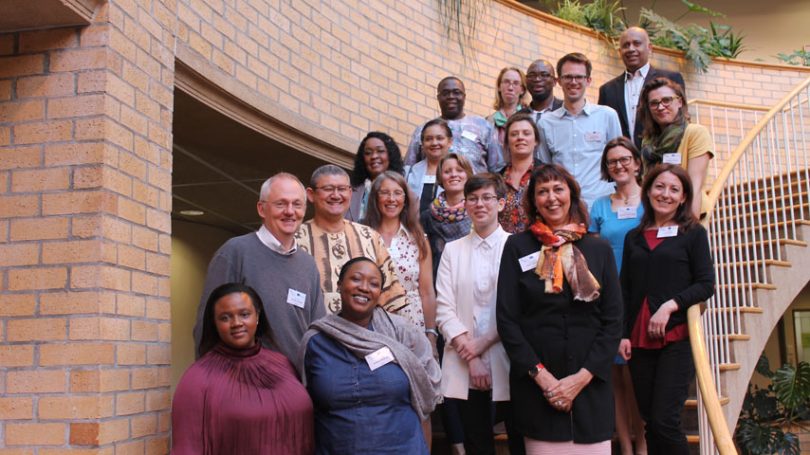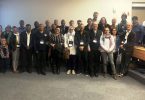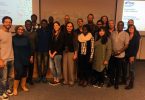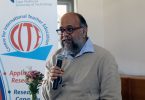The Yebo! Programme on the development of the internationalisation of PhD Studies in South Africa is an Erasmus+ funded project focused on further developing the internationalisation of doctoral education in South African universities.
The Yebo! Project is carried out by a consortium of 15 European and South African partners and is coordinated by the University of Montpellier, France.
The institutions include: Ghent University, Technical University of Berlin, Uppsala University, Vilnius Gediminas Technical University, Coimbra Group, French Agricultural Research Centre for International Development, European University Association, Central University of Technology, Stellenbosch University, Tshwane University of Technology, University of Cape Town, University of Pretoria and the University of the Western Cape.
Representatives of the 15 partners recently met on the Bellville campus to discuss current conditions and identify objectives for each university, based on the self-assessment survey outcomes, as well as topics for conferences and training sessions.
René Pellissier, Director of Strategic Initiatives and Partnerships, outlined the current status of international students in South Africa as well as the higher education targets from the National Development Plan.
“Universities need students and academics who are not exclusively from the country where the university operates in order to attract the most talented people, no matter where they come from, and to open themselves to new ideas and approaches,” said Pellissier.
She pointed out in her presentation that institutions from both continents struggled to gather information about international students’ activities, which told the group that they needed to structure their monitoring and data more efficiently.
“Also, there seemed to be differing understandings on the meaning of various constructs based on continent specific terminologies,” Pellissier pointed out.
From a South African perspective the goal would be to increase participation to produce more than 100 doctoral graduates/1 000 000 of population as per global norms to 5 000 graduates in the year 2030. “This is only possible through deploying internationalisation,” said Pellissier.
Some of the recurring obstacles facing South African higher education institutions when it comes to international mobility are funding, time/work schedules and a lack of information.
Comparisons between the academic workload of the various European countries versus South Africa resulted in a complex model that was not comparative as European academics split their time evenly between teaching and research. South African on the other hand contend with mostly teaching, some research, plenty of administration and other responsibilities such as community engagement.
The workshop set the scene for the development of capacity building and future meetings will include a workshop on developing a web-based portal and conferences on developing best practice and relevant training.
Written by Theresa Smith







